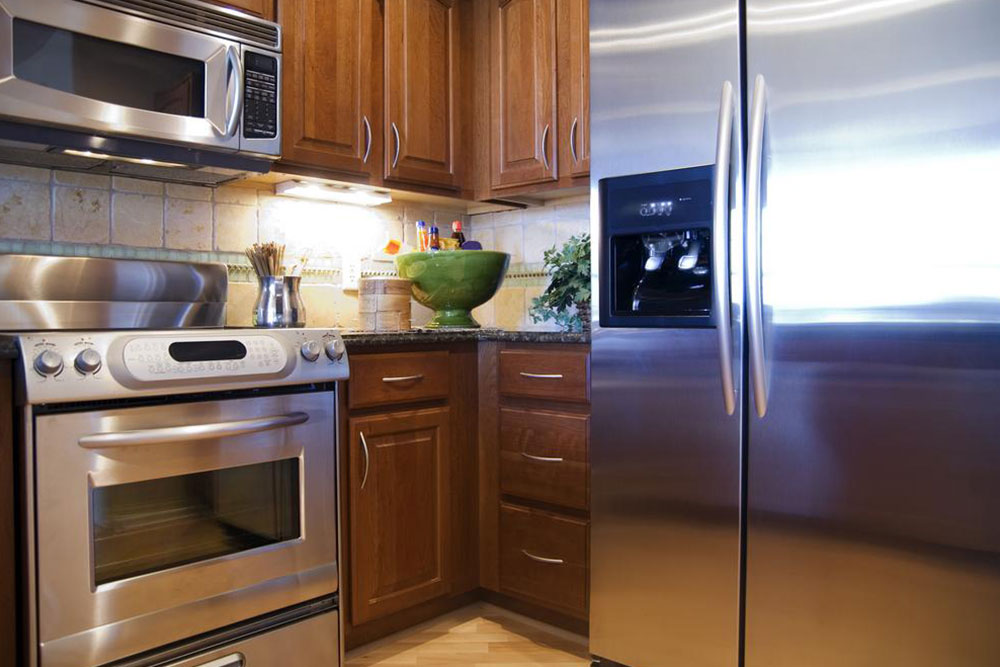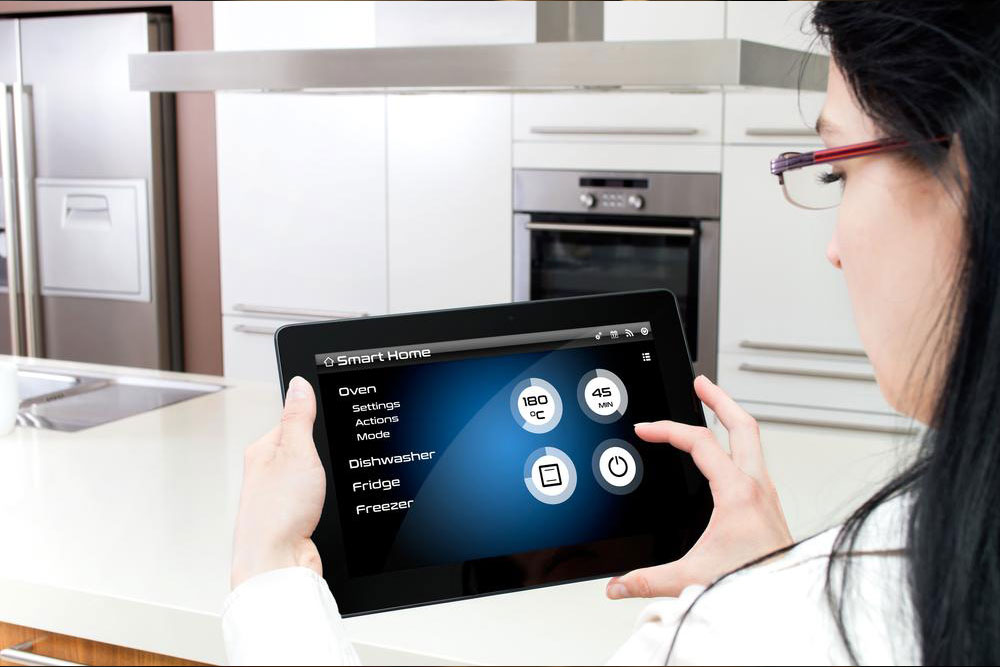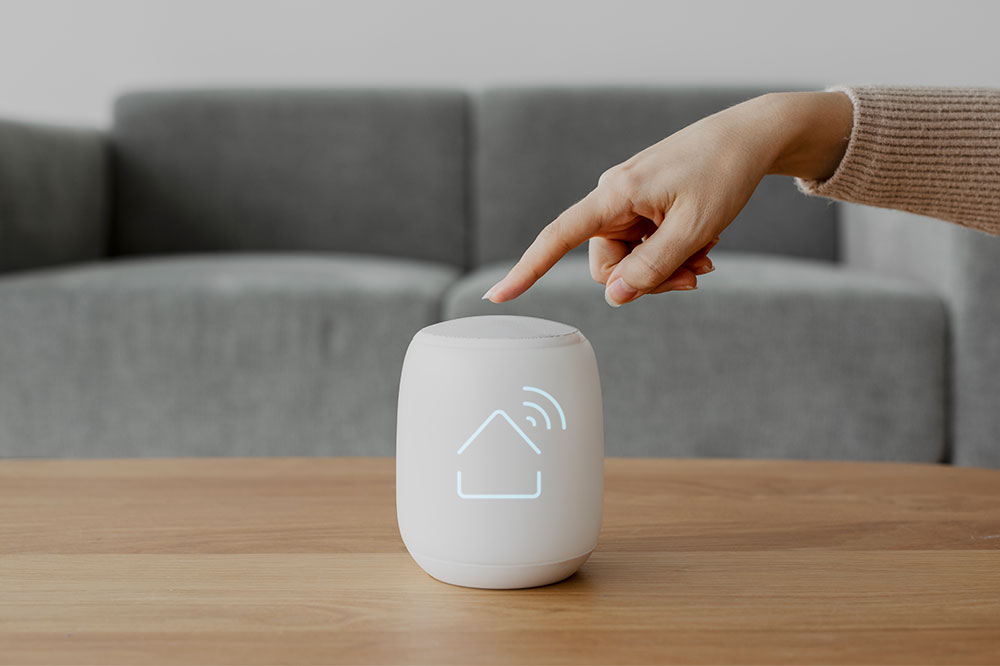The Rise of Smart Appliances as Modern Home Status Symbols
Smart home appliances are increasingly becoming symbols of modern living, with innovations focused on health, eco-friendliness, and intelligent technology. The industry is trending toward smarter, more stylish, and eco-conscious devices, driven by advancements in AI and online retail growth. These developments reflect evolving consumer preferences towards convenience, sustainability, and enhanced lifestyle quality.

Today’s homes increasingly feature smart appliances that symbolize modern living. Key devices like refrigerators, air conditioning units, and washing machines remain essential, while alternatives exist for smaller appliances like dishwashers and cooktops. Some appliances, including refrigerators and water purifiers, require professional installation, whereas portable items such as vacuums, mixers, and toasters are ready for instant use. Consumers typically research thoroughly before investing in high-cost appliances, reflecting evolving preferences. Small gadgets like sandwich makers, blenders, and juice extractors are common small-scale additions in many households.
Future Trends and Developments
Experts anticipate an expanding reliance on household devices. Larger appliances will become smarter, more lightweight, and more efficient, while mini appliances will see increased demand as consumers explore new options. Notable future trends include:
Manufacturers will focus on health-enhancing features, such as refrigerators that extend the freshness of raw foods and washing machines that ensure thorough cleaning.
Stricter environmental regulations will push companies to develop eco-friendly products that consume less water and emit fewer pollutants, alongside greener manufacturing practices.
Built-in appliances like integrated microwave ovens, refrigerators, and air conditioners are rising in popularity, reflecting higher living standards.
Design innovation persists, with sleek, intelligent appliances and premium-quality models dominating consumer preferences.
Online shopping for appliances is booming, with increased internet access and mobile usage driving sales, especially in smart home devices over the past five years.
Advancements in artificial intelligence are turning traditional appliances into intelligent systems, simplifying household tasks and fostering smart home ecosystems.


